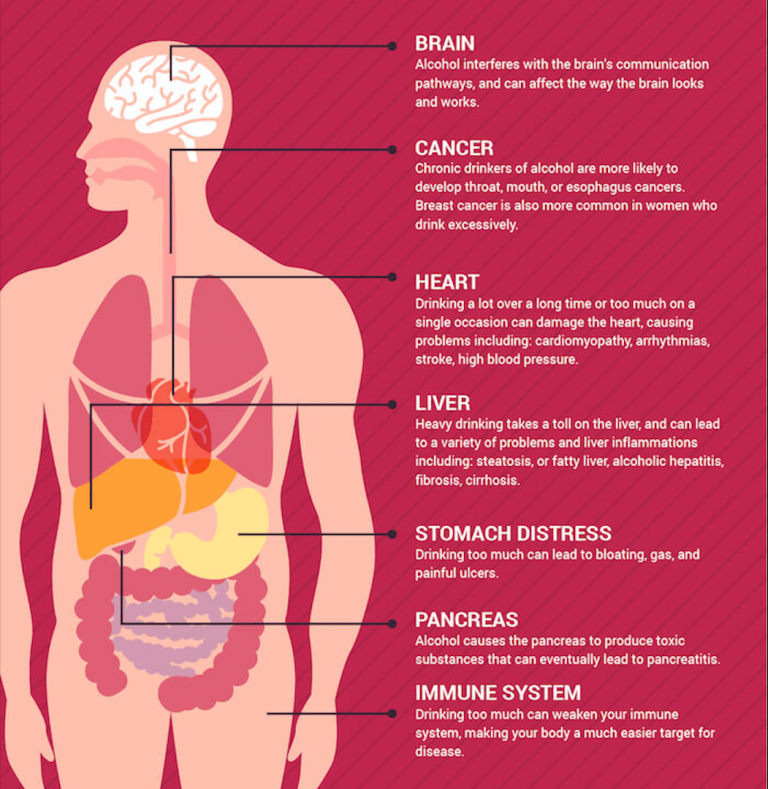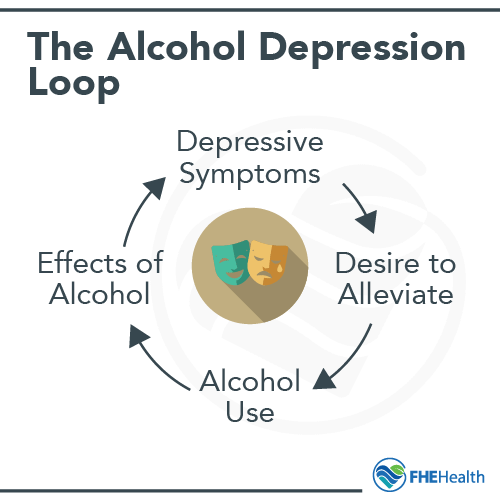For a long time, the medical establishment and health authorities have said that drinking some alcohol is safe. They have even said that some alcohol – especially wine – is good for your heart.
It is no longer the case. The World Health Organization (WHO) has changed its thinking on this topic and now says that no amount of alcohol is safe – including wine and other alcoholic beverages.
Until now, various U.S. agencies would state that one or two drinks would be safe – depending on whether you were a woman or a man. Now, no recent studies show that alcohol positively helps reduce cardiovascular disease, cancer, or type 2 diabetes.
Research has shown that most cancers in Europe – where cancer is the number one cause of death – are found in people who are light or moderate drinkers. As a result, it is now believed that drinking any alcohol increases your risk of developing cancer.
The kind of liquor does not matter. The earlier studies may have revealed that it was not alcohol that influenced those studies. Apparently, those studies were poorly designed and flawed, resulting in wrong conclusions.
Health Risks
A few decades ago, alcohol was categorized as a carcinogen – putting it in the same class as tobacco, radiation, and asbestos. As such, it can lead to the development of several types of cancer, including breast, throat, colon, liver, mouth, and esophagus.
Now, researchers know that no amount of alcohol will increase your longevity. Even low levels of drinking may increase your risk of cancer.

In addition, excessive drinking of alcohol can lead to health problems that no one would want. It can weaken your immune system – making you more susceptible to disease, and lead to high blood pressure, liver disease, digestive issues, memory problems, anxiety, depression, mental health issues, social problems, unemployment, alcohol dependence, and more.
Alcohol Increases the Aging Process
Although drinking may bring some temporary relief, it will develop a negative effect before long. Sooner or later, it will become more likely that you will develop depression.

Alcohol also affects how fast your body ages – and your tolerance for alcohol decreases with age. It is because your body increases in fat as your muscle decreases – whether or not you gain weight – and fat does not absorb as much as muscle.
Alcohol Increases Your Risk of Accidents
Drinking alcohol can lead to slower reaction time, which affects your ability to drive safely or recover from falls. More than 140,000 deaths are attributed to alcohol each year in the U.S. It is estimated that those who died had their lives shortened by 26 years on average.
Your risk of accidents and health risks increases when drinking alcohol because you are more likely to experience vehicle accidents, falls, burns, or drowning. You may also be exposed to violence, sexual assault, suicide, and pregnant women may have a miscarriage or stillbirth.
Politics and Money
Once WHO revealed the above information about a year ago, several countries changed their recommendations about drinking alcohol.
The U.S., however, allowed money and politics to keep their health recommendations the same. Regardless, the conclusion is the same – no amount of alcohol is safe.
If you have not started drinking alcohol yet – do not start now. If you already drink it for health, realize that it offers no health benefit. Otherwise, you need to reduce your intake of it and stop when you can. Your longevity may depend on it.



2 comments
I am a physician and a avid reader of medical literature. The WHO organization has always been a subpar committee of physicians with their own personal beliefs and biases. I do not trust or follow any WHO guidelines I treat my patients with the best care and treatment outcomes, An example of the flawed organization is how COVID guidelines were irrelevant and harmful to the population.
If alcohol promoted cancer growth, then more cancers would have been found in heavy drinkers than in light to moderate drinkers. Are cancers found smokers who never drink? If not, then it’s definitely the alcohol. If so, they may want to rethink the studies.
Comments are closed.